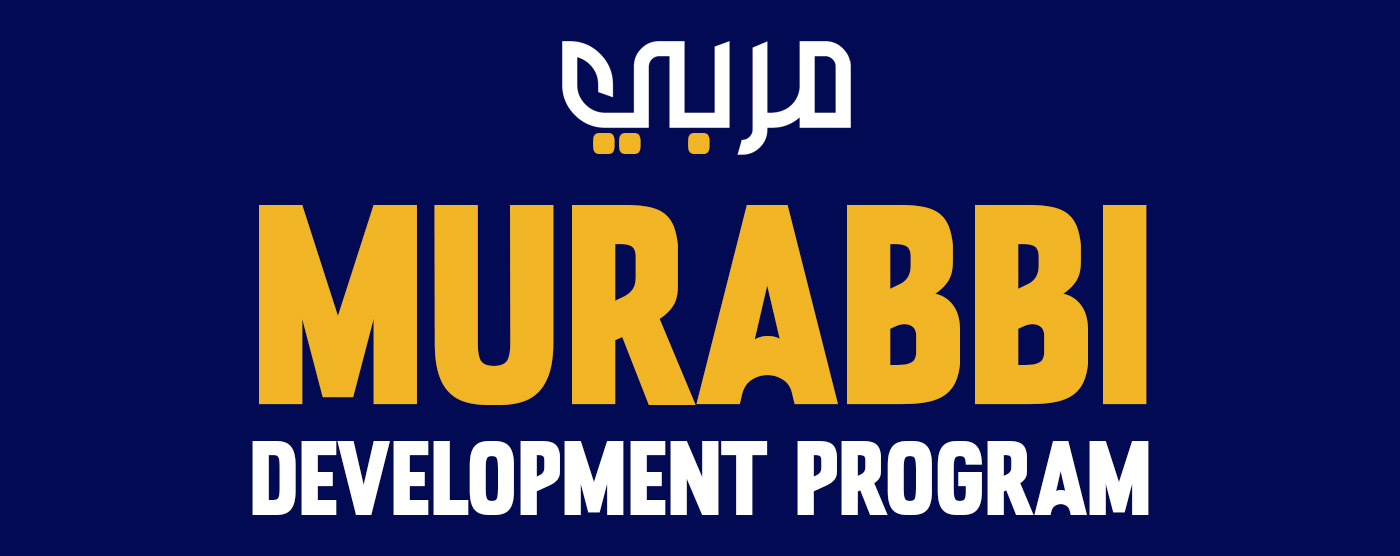Trimester 1 1/9/25 – 5/17/25 (no classes in Ramadan)
Trimester 2 5/22/25 - 9/4/25
Trimester 39/6/25 – 12/18/25
We have exciting updates regarding the instructors, courses, and online learning management system. This program is available as a fully-online program as well as in-person at ICNA Center. All classes are live-streamed and recorded for later playback.

Overview
Young adults and professionals are capable of understanding intermediate and advanced topics in Islamic sciences, without spending years learning Arabic first, so they can serve as literate leaders, activist, and mentors in the community.
Through the use of high-quality translations taught by qualified teachers, we cover the enitre corpus of the Quran, Sunnah, Islamic legal and Civilizational System, Aqidah, Hadith Collection, Tafsir, Usul-al-Fiqh, Logic, Islamic History, and Islamic Thought.
Graduates of the MDP will have demonstrated growth in activism, mentorship, and professional skills development. Regular assessments and projects test for University-level Islamic thought. The evening and weekend format will help make Islamic literacy a permanent part of their lives.
Click the images below to view course details.
September 12, 2024 - August 28, 2025
14-week trimesters
September 12, 2024 to
December 21, 2024
No classes on Thursday 11/28 and Saturday 11/30
January 4, 2025 to
February 27, 2025
and April 3, 2025 to
May 10, 2025
No classes in Ramadan
2/28 to 3/31
May 15, 2025 to
August 28, 2025
No classes on Thursday June 19, July 3, and Saturday July 5
Timings may be adjusted up to 15 minutes for salah
Female teachers and hafidhas encouraged to apply.
Contact us to discuss working together ✨.